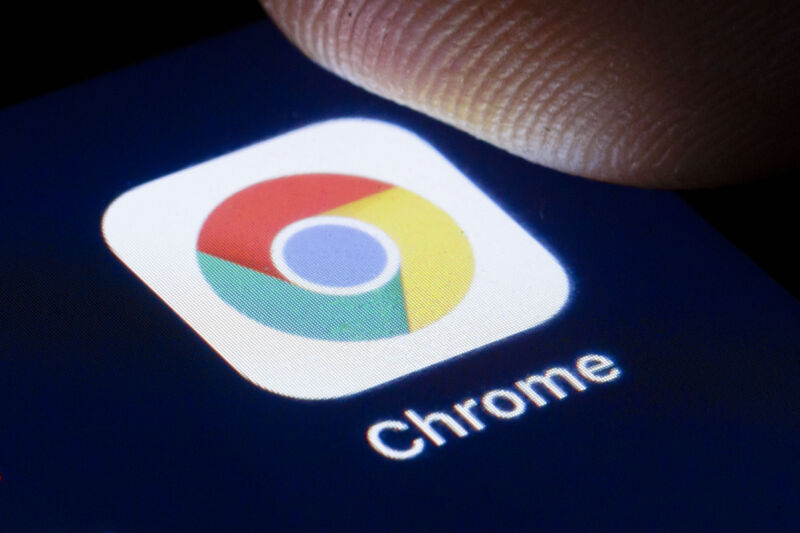Google and Mozilla don’t like Apple’s new iOS browser rules

Enlarge (credit: Getty Images)
Apple is being forced to make major changes to iOS in Europe, thanks to the European Union’s “Digital Markets Act.” The act cracks down on Big Tech “gatekeepers” with various interoperability, fairness, and privacy demands, and part of the changes demanded of Apple is to allow competing browser engines on iOS. The change, due in iOS 17.4, will mean rival browsers like Chrome and Firefox get to finally bring their own web rendering code to iPhones and iPads. Despite what sounds like a big improvement to the iOS browser situation, Google and Mozilla aren’t happy with Apple’s proposed changes.
Earlier, Mozilla spokesperson Damiano DeMonte gave a comment to The Verge on Apple’s policy changes and took issue with the decision to limit the browser changes to the EU. “We are still reviewing the technical details but are extremely disappointed with Apple’s proposed plan to restrict the newly-announced BrowserEngineKit to EU-specific apps,” DeMonte said. “The effect of this would be to force an independent browser like Firefox to build and maintain two separate browser implementations—a burden Apple themselves will not have to bear.” DeMonte added: “Apple’s proposals fail to give consumers viable choices by making it as painful as possible for others to provide competitive alternatives to Safari. This is another example of Apple creating barriers to prevent true browser competition on iOS.”
Apple’s framework that allows for alternative browser engines is called “BrowserEngineKit” and already has public documentation as part of the iOS 17.4 beta. Browser vendors will need to earn Apple’s approval to use the framework in a production app, and like all iOS apps, that approval will come with several requirements. None of the requirements jump out as egregious: Apple wants browser vendors to have a certain level of web standards support, pledge to fix security vulnerabilities quickly and protect the user’s privacy by showing the standard consent prompts for access to things like location. You’re not allowed to “sync cookies and state between the browser and any other apps, even other apps of the developer,” which seems aimed directly at Google and its preference to have all its iOS apps talk to each other. The big negative is that your BrowserEngineKit app is limited to the EU, because—surprise—the EU rules only apply to the EU.



